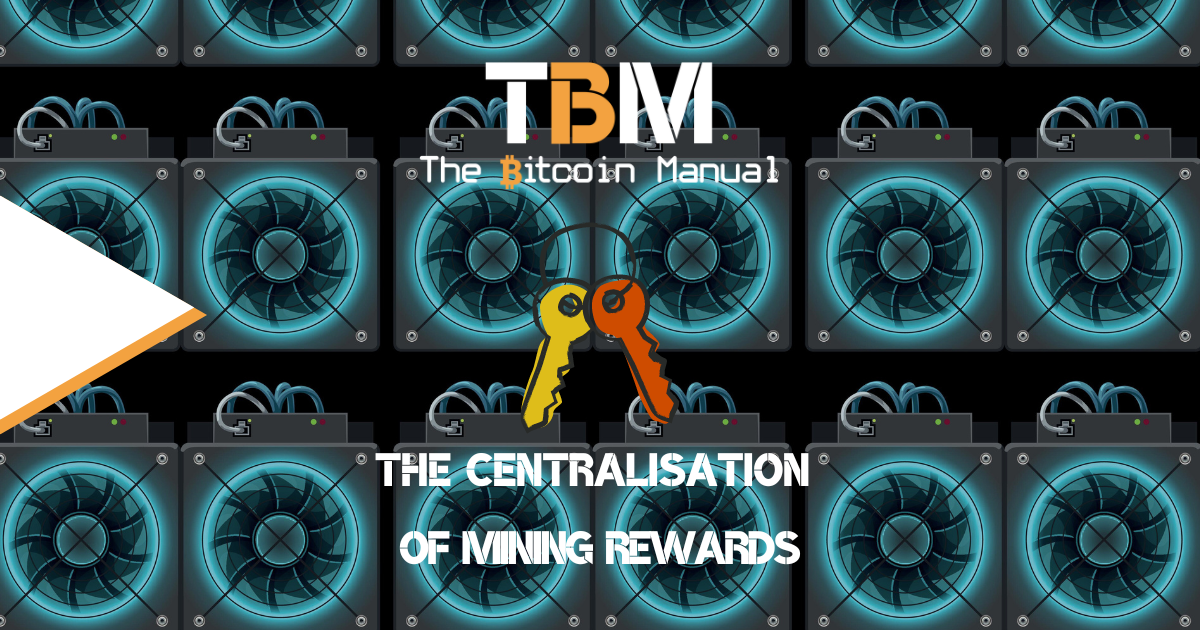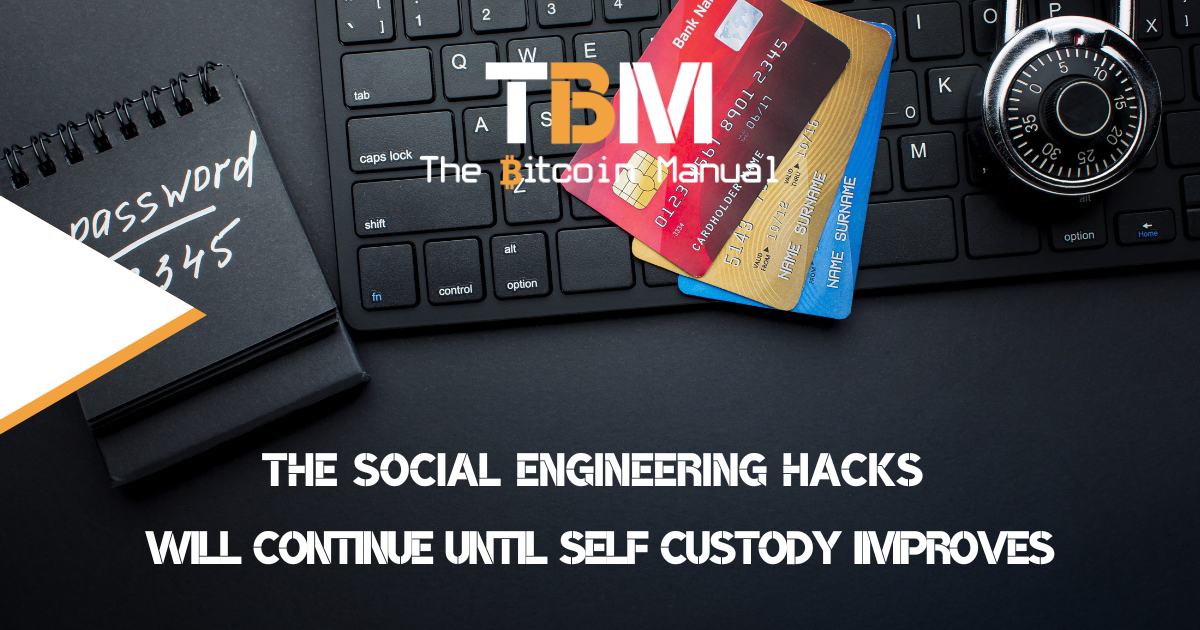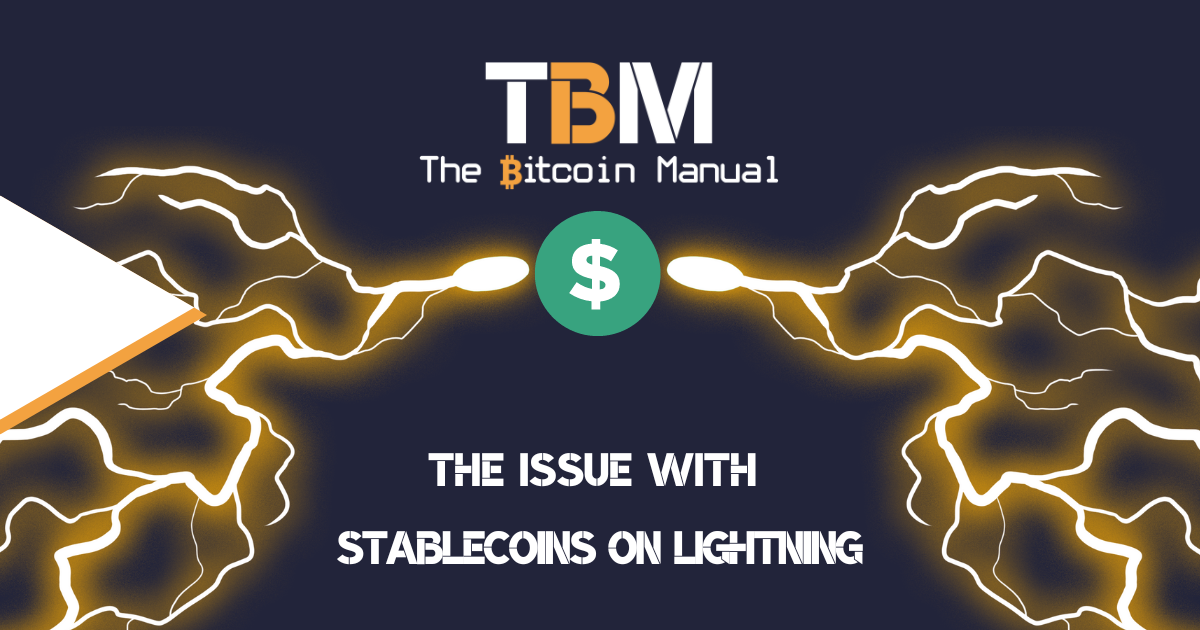Bitcoin has no shortage of critics, always looking to pick apart the network and find issues with it; these concerns can come from inside the community of those actively working in the space or from outsiders who feel that Bitcoin is just another meme coin that’s boiling the oceans.
Attacks on Bitcoin are always a good thing; there is no point in claiming the network is anti-fragile unless it can actually resist attack, and there is no point in promoting decentralisation when centralising factors influence the network.
Recently, some information regarding Bitcoin’s decentralisation came to light, as news surfaced that a single custodian controls the Coinbase address for nine of the largest mining pools.
Whitelabelling, outsourcing or captured pools?
The centralisation issue was identified by pseudonymous developer Mononaut, who works on the block explorer mempool.space. According to Mononaut, after reviewing several regular payouts, a concerning pattern emerged, one that sees payouts from mining pools end up with a single custodian.
TIL that over 40% of hashrate send their mining rewards directly to the same custodian. pic.twitter.com/pqz4Llm87J
— mononaut (tx/acc) (@mononautical) December 4, 2023
This mystery custodian has been consolidating mining rewards from AntPool, F2Pool, Binance Pool, Braiins, bottom, SECPOOL and Poolin, which is a considerable part of the current mining ecosystem.
While it appears that we have competing mining pools providing payouts to those pointing their miners at these different service providers, it’s hardly decentralised when the coin management and payout are managed by one entity.
In this case, the single custodian – which has been identified as Cobo – acts as the custody provider for roughly 47% of the total hash rate.
A single custodian now controls the coinbase addresses of at least 9 pools, representing 47% of total hashrate.
— mononaut (tx/acc) (@mononautical) April 9, 2024
As demonstrated by this consolidation of mining reward outputs from AntPool, F2Pool, Binance Pool, Braiins, btccom, SECPOOL and Poolin:https://t.co/IQpH2TgP6k https://t.co/w5Nk09Rawf pic.twitter.com/6RDHdm0ZjP
The switching costs for moving custodians or moving towards a self-custody model aren’t a real stumbling block, so seeing so many mining pools using a single custodian is concerning and gives off a feeling of decentralised theatre rather than practising what you preach in Bitcoin, which is to take ownership of your funds.
Did we forget “not your keys, not your coins”?
Who the hell is Cobo?
Despite being around for seven years now, Cobo isn’t a household name in Bitcoin or the wider digital asset space; perhaps that’s part of their business model as more of a B2B service provider. The company launched in 2017 and provides digital asset custody solutions for companies worldwide.
Cobo’s claim to fame is that it is the first omni-custody platform offering custodial wallets to non-custodial wallets, including MPC and smart contract wallets, as well as Wallet-as-a-Service, an on-chain digital asset management platform (Argus), and an off-exchange settlement network (SuperLoop), which is a swapping service for cross-chain settlement.
Cobo also offers security services like HSM, Multi-signature Cards, and multi-factor Authentication. According to its website, Cobo provides backend support for 500 institutions and manages billions in assets, including Bitcoin, support for 70+ Chains, and 1,800+ Tokens.
The company has their fingers in many pies, and having to juggle support for all these networks, manage wallets and support a consumer wallet app does leave me a little concerned; when companies spread themselves across multiple verticals, they tend to create a larger attack surface.
Why use a custodian?
There are several reasons why individual investors and businesses might prefer using a custodian versus handling Bitcoin themselves, namely:
- Convenience: Custodians offer a user-friendly experience similar to traditional banking. They handle private key storage and security complexities, allowing you to buy, sell, and trade Bitcoin easily.
- Security: Custodians, particularly regulated ones, often have robust security measures in place. This can give peace of mind to those who worry about securely managing their private keys and dealing with internal operational risks, which can result in loss or theft.
- Lower Barrier to Entry: Custodians eliminate the need to understand and use complex crypto wallets. This makes Bitcoin more accessible to newcomers who might be intimidated by self-custody.
- Additional Features: Some custodians offer features that might be attractive to certain investors, such as margin trading, access to liquidity, or integration with other financial services.
Ultimately, deciding between using a custodian or holding your own keys depends on your needs and risk tolerance. If convenience and ease of use are your priorities, a custodian might be a good option. However, self-custody might be better if you value control and security over everything else.
Virgin Bitcoin in high demand
The Bitcoin Spot ETFs drive considerable buying pressure, and those regulated entities cannot purchase their underlying Bitcoin from anywhere in the world; those UTXOs have to be screened to ensure that there is no criminal affiliation or risky transaction history.
Running that screening process when you need to purchase hundreds if not thousands of Bitcoin is a pain in the arse, so the easier option is to purchase newly minted Bitcoin that has no track record.
While we plebs are content with any old Bitcoin, these ETF issuers prefer virgin Bitcoin acquired from the block subsidy because it saves them a headache or two when it comes to regulatory compliance.
These institutions might even be willing to pay a healthy premium to secure those coins, which might be the reason why so many mining pools are consolidating their payouts with a custody provider, so they can secure reliable liquidity and fetch a healthy premium for their Bitcoin.
I think it can be that the pools sell their "virgin" BTC to someone. The Coinbase BTC are paid higher than market and I know pools sell them because they do not pay me with #Bitcoin even close to Coinbase. When I asked why the answer is that they sell them.
— Federico Benitez (@fbenitezuy) April 10, 2024
Might be the pools…
Honeypots, honeypots everywhere
The network holds $1.3 trillion in value right now, and with the halving on the way, many are expecting that market cap to swell to multiples of that over the coming months and sustain that growth over the coming years.
The Bitcoin network is magical internet money, but it’s no longer play money; there are going to be large players who want to create walled gardens, and the temptation to centralise will remain a vice that could result in massive failures, as we’ve seen from many a crypto exchange losing customer funds.
Exchanges remain a large honeypot for hackers, rouge entities, and even governments, and layering on products like the Bitcoin ETFs holding a large number of Bitcoins on behalf of their customers only adds to the incentive to attack these wallets.
If you’re adding on the ability to get miners’ coins fresh out of the block, it only further adds to the ability to attack the network. Consider for a second what would happen if the mining pool custodian is compromised and miners lose access to revenue, revenue that would pay bills and salaries and keep their operation funded.
Those miners would either need to run at a loss and hope they can recoup funds in the future or be forced to shut down and, as a result, take a considerable hash rate offline until other miners come in to take advantage of the drop in competition for newly minted coins and block rewards.
Miners need to be more than hashers
Bitcoin mining on an industrial level has long reached the point where it makes very little sense for them to bother with decentralisation; they are either private companies or publicly listed ones that are only in the market to make money.
Due to their size, they are already forced to deal with all types of regulations, and perhaps using a custodian takes a lot of operating and regulatory complexity off their plate.
While custodians don’t undermine the underlying network’s decentralisation, having a single entity control the keys to nearly half of newly minted Bitcoin isn’t exactly a practice we should be encouraging; in fact, we should actively be pushing for miners to take self-custody of their funds, construct their own block templates and reduce centralisation risk where possible.
Bitcoin mining is not a monolith; it is made up of miners of all sizes, which keeps the network decentralised and resistant to takedown. However, mining pool centralisation is definitely a part of the current setup that is crying out for disruption.
The mining pool centralisation vector is not an easy fix, but perhaps the initiatives that mining pools like OCEAN are focusing on and projects like FediPool can give miners alternative custody options for their precious sats.




